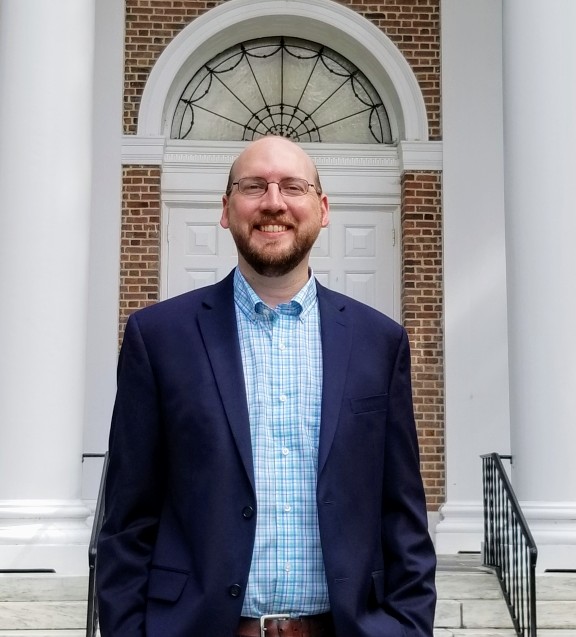John Bell AO, OBE
Australian Actor & Theatre Director
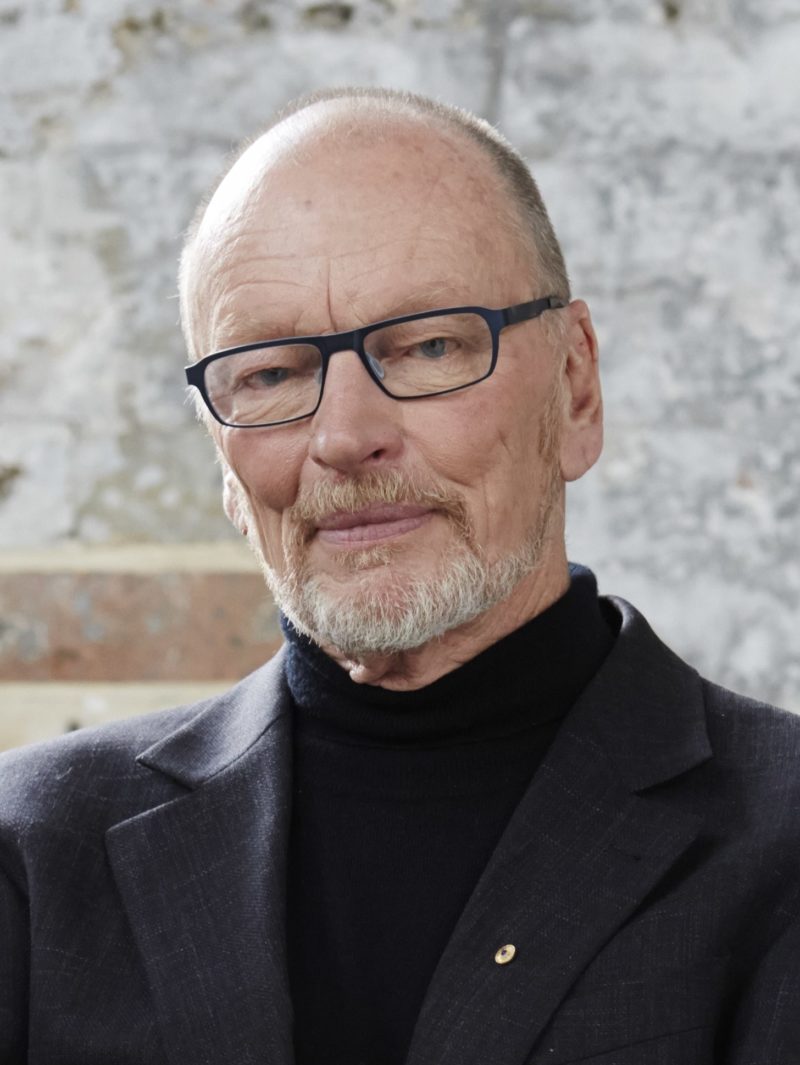
John Bell has been a major influence on the development of Australian theatre in the late 20th and early 21st centuries, and is one of Australia's most illustrious theatre personalities. John is an award-wining actor, acclaimed director, and a person who stutters.
After graduating from the University of Sydney in 1962, John worked for the Old Tote Theatre Company; each of Australia’s state theatre companies; and was Associate Artist with the Royal Shakespeare Company in the UK.
John later co-founded Sydney’s Nimrod Theatre Company and presented many productions of landmark Australia plays, including David Williamson’s travelling North, The Club, and the Removalists.
John founded The Bell Shakespeare Company in 1990 where he served as Director until 2015. His productions include over 15 of Shakespeare’s greatest works, which have been played to almost 2.5 million Australians.
John has been recognised for his leadership and significant contributions to national culture. John is an Officer of the Order of Australia and the Order of the British Empire; has an Honorary Doctorate of Letters from the Universities of Sydney, NSW and Newcastle; and was recognised in 1997 by the National Trust of Australia as one of Australia’s Living Treasures.
John shared not only his experiences of stuttering with SAY: Australia's President Rich Stephens, but also some awesome words of wisdom for both young people who stutter and their families.
John first become aware of his stutter during his adolescence and described his high-school years as very painful times.
My stutter become noticeable rather late in my childhood, around 11-12 years of age. I tried to disguise my stutter, sometimes by changing words, but other times it was very hard to do so. People could tell I was having trouble getting my words out. I found stuttering extremely embarrassing, humiliating, and a developing astute self-consciousness only made it worse.
Like many young people who stutter, John did not know another person who stuttered.
Even though I’ve heard there is a hereditary cause, I didn’t know of anyone else in my family stuttering, and no one else in my school stuttered.....I was the only one! I also never had any therapy or assistance with my stutter……so I become very aware it was a psychological hurdle for me to overcome.
At a time of great pain and low self-esteem, John’s discovery of the theatre and performance changed everything.
The theatre, the arts, and performing on stage really helped my attitude and awareness of my stuttering. Receiving recognition and applause for my work helped to increase my self-esteem and relieved the anxiety I felt from stuttering. I came to the realisation that there was nothing wrong with me!
John’s self-esteem and confidence went from strength to strength whilst performing, and his love of the theatre led to a very successful and happy career. John’s stutter became less strong throughout adulthood, and even now, in his late 70s, can still recur from time to time. During his career, John met other people who stuttered.
I met some people in theatre, directors and designers, who had very strong stutters that had affected them strongly all their lives. It had really become a social impairment for them. So, I guess the sooner you can do something about your stutter when you’re younger, get some help, it might not become so engrained……it might not become such a great burden!
If John could speak to his younger adolescence self, what would he tell himself?
I would reassure myself that there is help out there. Don’t let your stutter depress you or make you anxious. It’s important not to be apologetic about it or feel inferior about it……there is nothing wrong with you! And you can live a great life with having a stutter.
And what advice would John give to parents and families of young people who stutter?
The main thing is not to try and straighten the child out; not to try and say ‘you’re doing something wrong’ ; you need to be very understanding, patient, and empathic; and try and find the help that is out there. You should never be impatient as that only makes it worse and intensifies the difficulty for the child. So, extreme patience, awareness, and sensitivity is what is required.
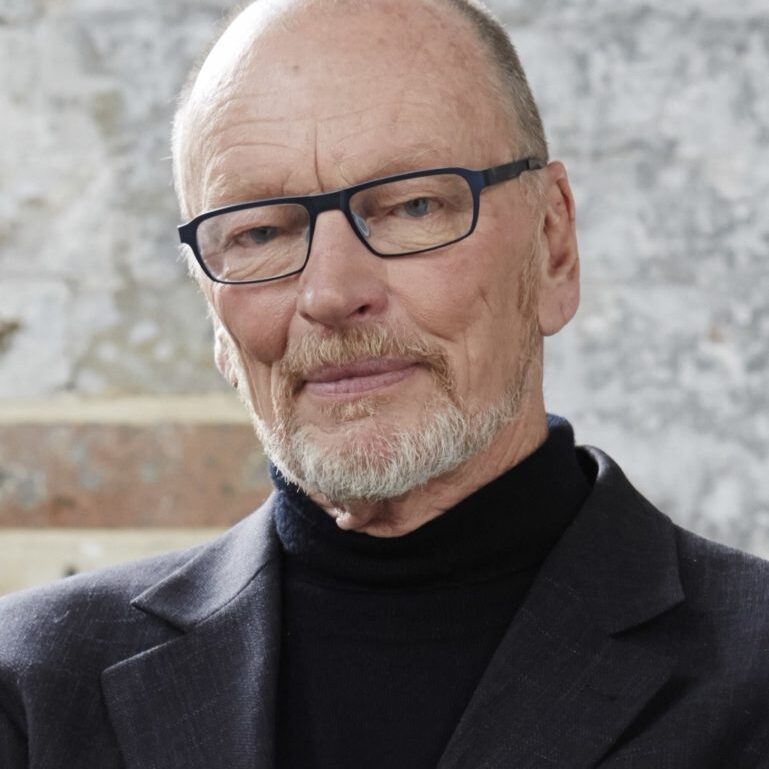

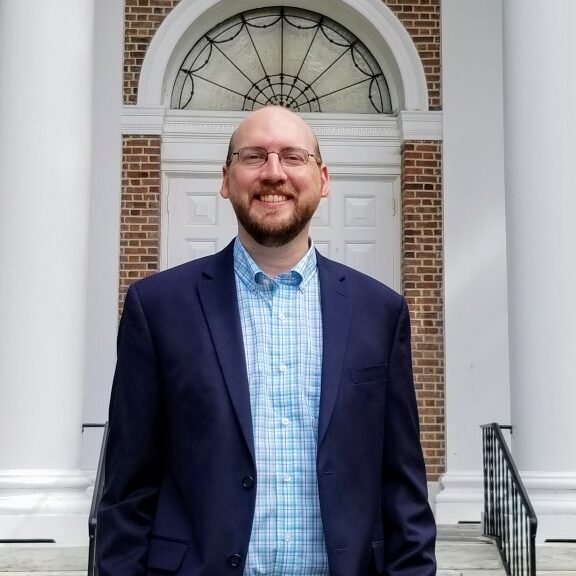
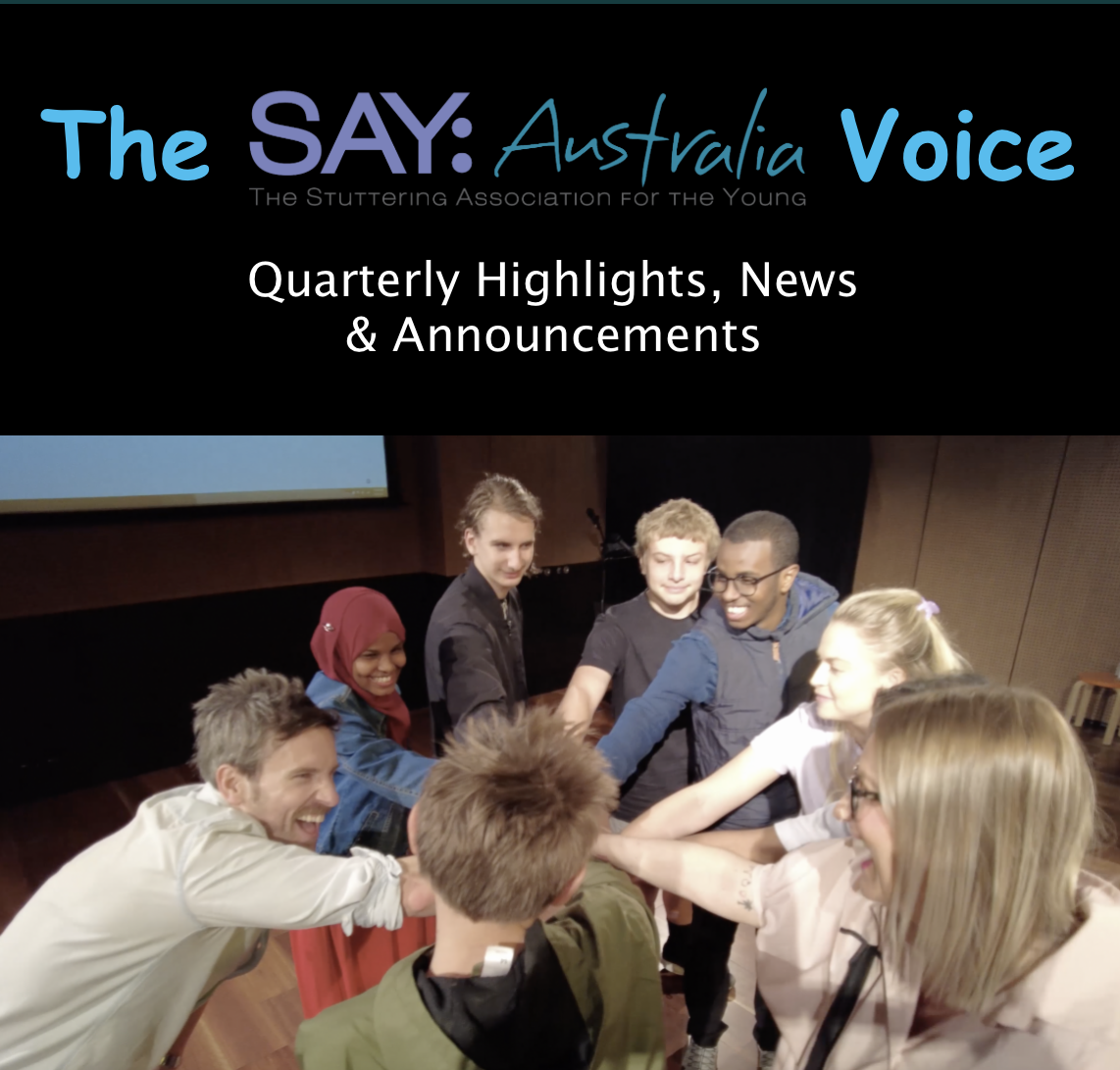



 Rachel and her father.
Rachel and her father.
